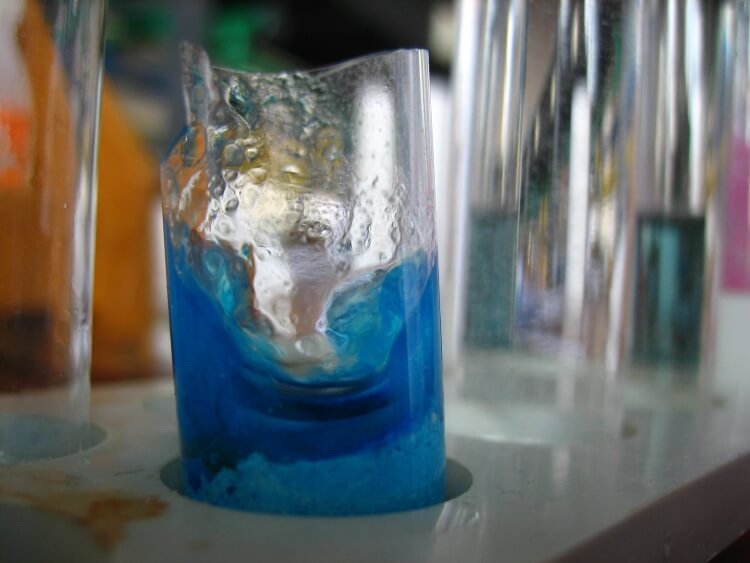2h
Human CRH(Corticotropin Releasing Hormone) ELISA Kit
Human CRH(Corticotropin Releasing Hormone) ELISA Kit
1000pg/mL
4.91pg/mL
12.35-1000pg/mL
Competitive Inhibition
CRF; Corticotropin Releasing Factor; Corticoliberin
ELISA Enzyme-linked immunosorbent assays Code 90320007 SNOMED
Endocrinology;Cardiovascular biology;Neuro science;Hormone metabolism;Urology;
Hormone releasing factors and releasing hormones are signaling molecules produced by glands in multicellular organisms. The glands that secrete Luteinizing hormones LHRG and LH, FSH comprise the endocrine signaling system. The term growth hormone releasing hormone GHRH is sometimes extended to include chemicals produced by cells that affect the same cell (autocrine or intracrine signaling) or nearby cells (paracrine signaling). Human recombinant LHRG and GHRH are produced in E. coli or in yeast cells.
E05 478 566 350 170 or Enzyme-Linked Immunosorbent Assays,E05 478 566 350 170 or Enzyme-Linked Immunosorbent Assays,Human proteins, cDNA and human recombinants are used in human reactive ELISA kits and to produce anti-human mono and polyclonal antibodies. Modern humans (Homo sapiens, primarily ssp. Homo sapiens sapiens). Depending on the epitopes used human ELISA kits can be cross reactive to many other species. Mainly analyzed are human serum, plasma, urine, saliva, human cell culture supernatants and biological samples.
This assay employs the competitive inhibition enzyme immunoassay technique. A monoclonal antibody specific to Corticotropin Releasing Hormone (CRH) has been pre-coated onto a microplate. A competitive inhibition reaction is launched between biotin labeled Corticotropin Releasing Hormone (CRH) and unlabeled Corticotropin Releasing Hormone (CRH) (Standards or samples) with the pre-coated antibody specific to Corticotropin Releasing Hormone (CRH). After incubation the unbound conjugate is washed off. Next, avidin conjugated to Horseradish Peroxidase (HRP) is added to each microplate well and incubated. The amount of bound HRP conjugate is reverse proportional to the concentration of Corticotropin Releasing Hormone (CRH) in the sample. After addition of the substrate solution, the intensity of color developed is reverse proportional to the concentration of Corticotropin Releasing Hormone (CRH) in the sample.
